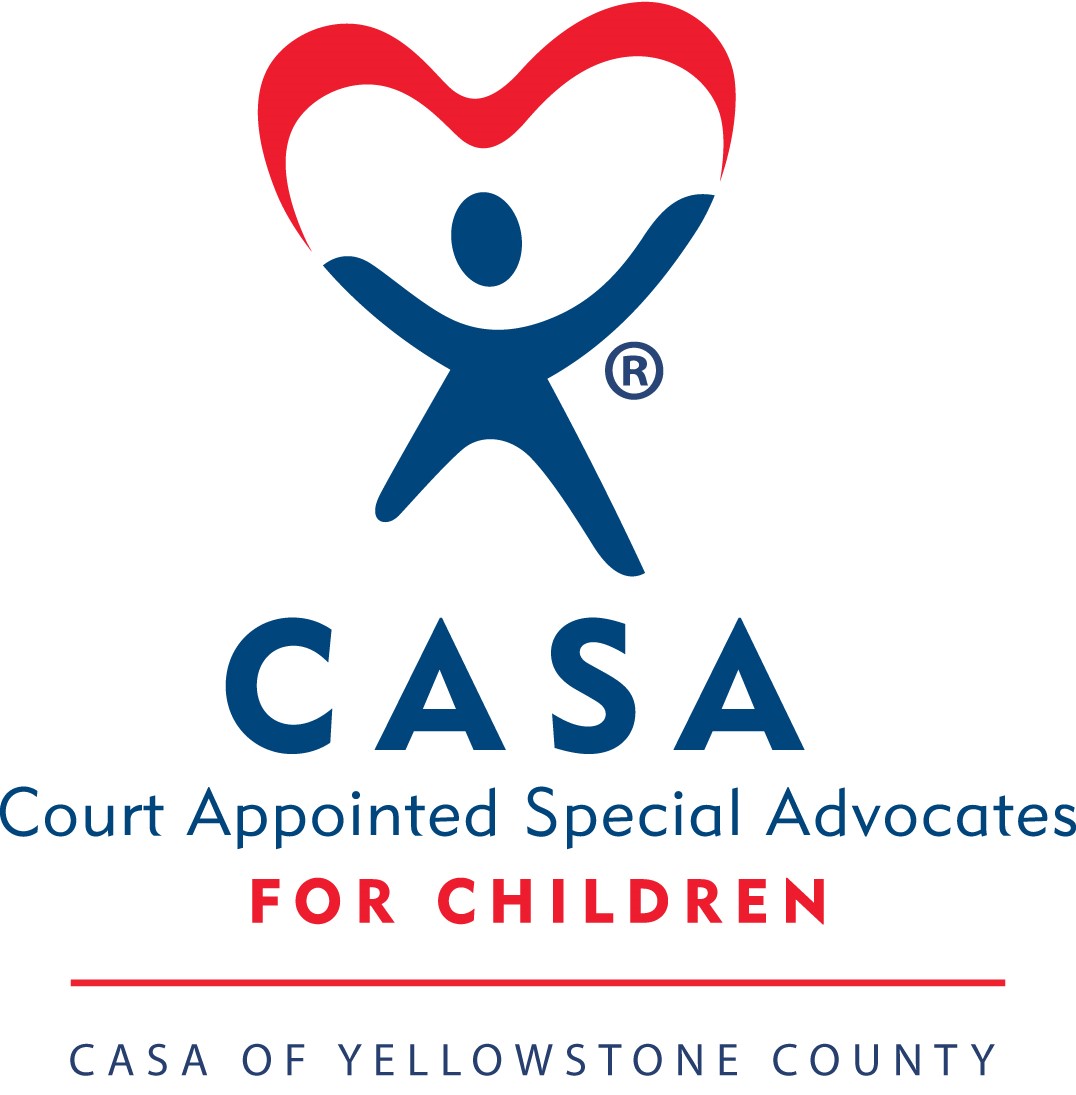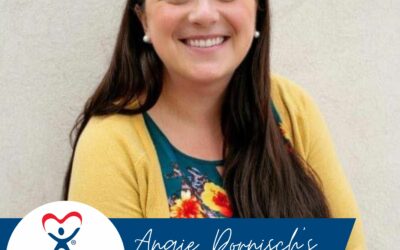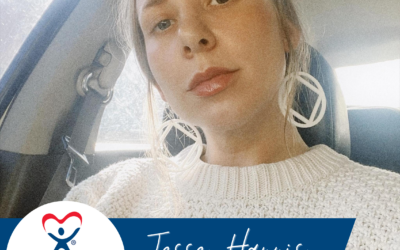Yellowstone County continues to grapple with the coronavirus, and we have entered the dog days of summer. Some kids and teens love this time of year and all the sunshine and Vitamin D they can get! On the other hand, some of your CASA youth may be spending more time than ever indoors, with the modern conveniences of air conditioning and the internet.
It’s important for Court Appointed Special Advocates and adults in any young person’s life to know the dangers that are lurking online for kids. These are not just the Nigerian prince scams that have become fodder for late night talk show hosts. No, the dangers faced by kids and youth online have to do with their emotional and physical safety.
One of the greatest dangers the internet poses to kids and youth is the anonymity it offers. Predators can easily pose as young people—your CASA kids’ peers—and build a “relationship” that mimics the support and camaraderie of an in-person connection. This isn’t just through social media posts—youth can be approached through the chat portals of a variety of online games and communities by those with ulterior motives. Many apps even have a location feature that, if not disabled, allow other users to view the child’s general location in their city or town.

Elijah O’Donnell
For example, I recently visited a friend out of state (between spikes in coronavirus numbers both here and there). My friend’s 11-year-old daughter—I’ll call her Daria–had obtained Mom’s permission to download a word game for kids on her tablet. A few days later, Daria said, “Mom, this is weird.” Someone Daria did not know, who had a profile picture of a person holding a dog but with the person’s face in shadow, had messaged Daria with a simple, “Hey. How’s it going?” Mom immediately responded, identifying herself as Daria’s parent and telling the individual in no uncertain terms to refrain from contacting her daughter again.
The harm in these seemingly harmless overtures lies in the long-term “relationship”-building that online predators engage in. By building themselves up in youths’ minds as someone who understands the youth, to the exclusion of others in their life, they narrow the youth’s view of whom they can trust. Eventually (sometimes over the course of years), they parley this false trust into pressure for images of the youth and even demands to meet in person. All too often, these meetings immediately or eventually result in the youth being trafficked and drawn further under the influence of predators.
And there are still more risks associated with people who the youth knows in real life leading them astray online. Any negative influence that can be exerted in person can also be exerted virtually.

Sebastiaan Stam
But, as with many negative situations we face as CASAs, there is hope! Since the hook online predators often use is filling a relational gap in kids’ lives, dedicated adults can step in at any point in the process and provide youth with real-life connections that are healthy, productive, and empowering. If your CASA youth is being safe online, you can contribute to their in-person circle of safety—coming alongside their placement, safe family, school personnel, other professionals—so they don’t crave the false connection they feel online. If your CASA youth has entered into unsafe online relationships, you can build your relationship with the youth, demonstrating your reliability and commitment to their best interests, so that they feel comfortable confiding in you if they ever feel in over their heads. The CASA office has a flyer that you can use to break the ice with your CASA youth if you suspect there may be something on their minds related to online safety and relationships.
And you can support the other adults in your CASA youth’s life. The placement may not be fully aware of the risks posed by unrestricted online activity, so you can educate the placement and other adults in the youth’s life as you encourage that young person to advocate for themselves. Ironically, there are a lot of online resources for adults and youth of all ages that you can rely on to help educate the youth and adults in their lives. There are even internet safety contracts that can be agreed to by kids and parents (or CASAs) to open lines of communication and help kids identify unsafe patterns online.

Julia M Cameron
Above all, don’t despair! Be diligent as you advocate for your CASA youth’s online safety. You may never know the impact your relationship will have on that child.
To find out more about how to advocate for children and youth who may be facing online exploitation, email emily@yellowstonecasa.org
Ashley Milsop is a Program Coordinator for CASA of Yellowstone County.





